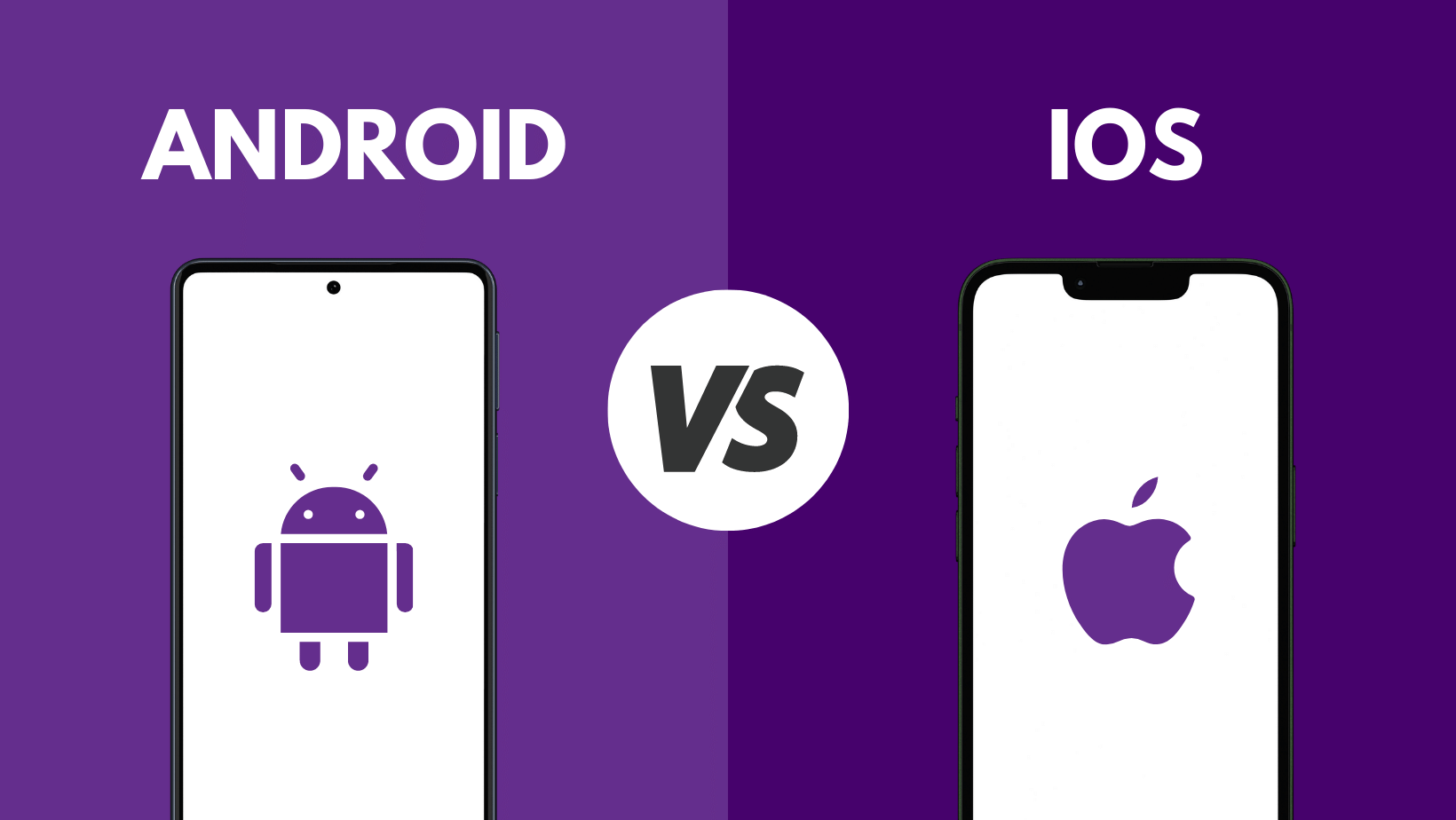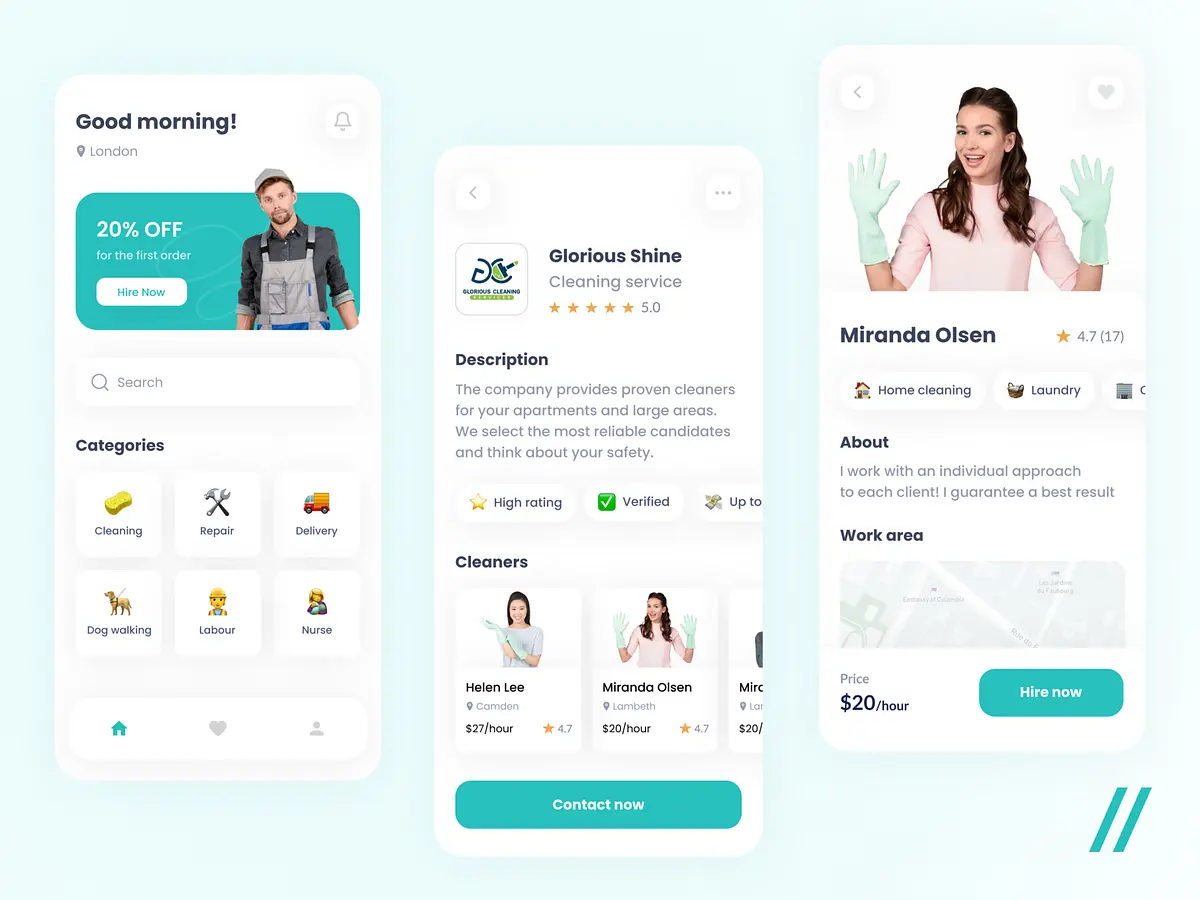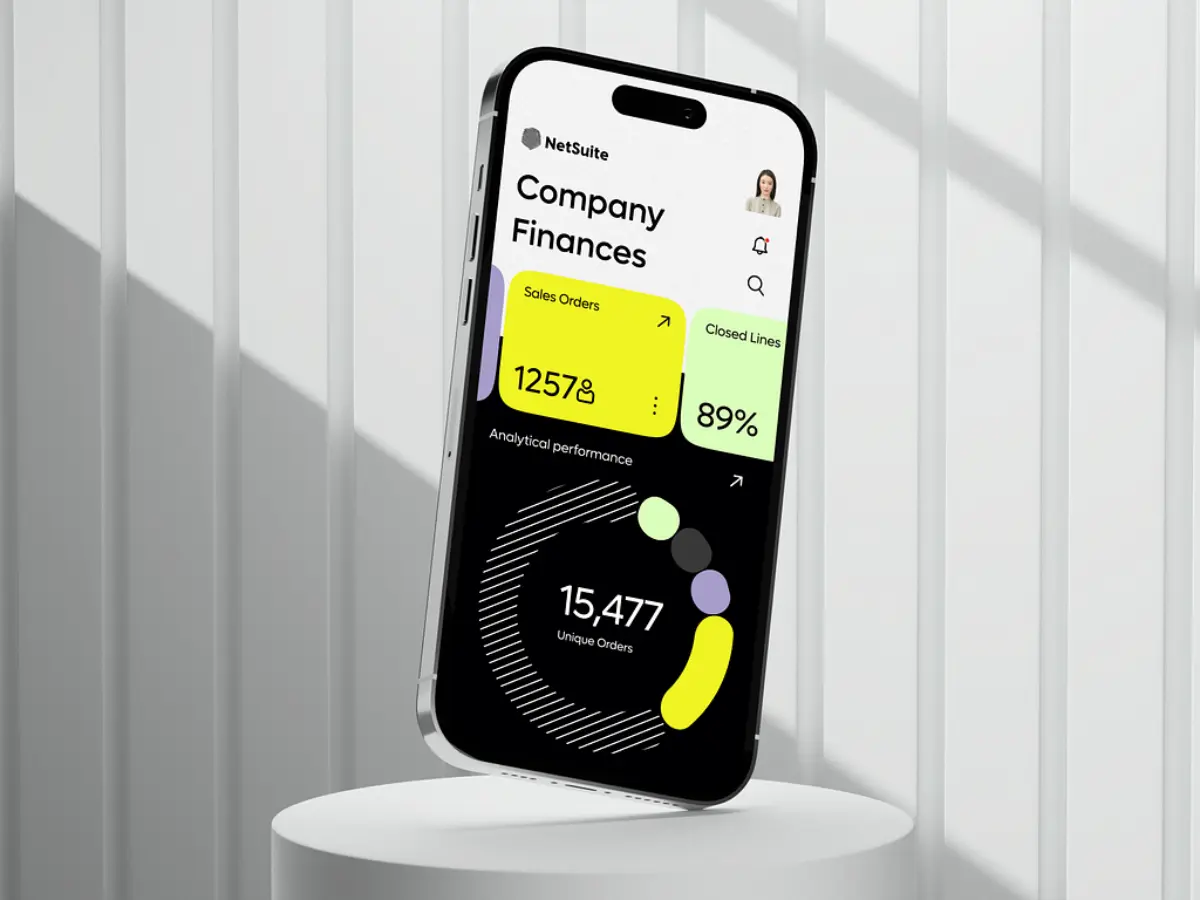Android and iOS Development for Mobile App


TECHVIFY, the top Android and iOS Development source offers customized, mobile-responsive business apps to keep you current. Our knowledge of Android and iOS platforms enables us to address your individual needs, regardless of size. Join us to take advantage of our considerable experience in Android and iOS Development and design mobile apps tailored to your requirements.
Android and iOS Development are distinct techniques for creating software apps for the Android and iOS operating systems. Programming language proficiency, understanding of software development principles, and familiarity with platform-specific development tools are required for successful Android and iOS Development. To create compelling and user-friendly applications, developers must grasp the specific user interface principles, API frameworks, and development patterns associated with each platform.

Mobile app development for ios and android
iOS Development |
Android Development |
| iOS development involves creating apps using programming languages like Swift or Objective-C, along with Apple’s software development kit (SDK) and integrated development environment (IDE) that can. The name is Xcode. iOS apps are typically distributed through Apple’s App Store, and developers must follow Apple’s application submission guidelines and procedures.
|
Android development involves creating applications using programming languages such as Java or Kotlin, along with the Android Software Development Kit (SDK) and Android Studio, which is the official IDE for Android development. Android apps are released through the Google Play Store, and developers must follow Google’s submission guidelines and procedures.
|
Regarding Android and iOS Development, each platform has its advantages and disadvantages. iOS development stresses quality and offers significant monetization opportunities while experiencing reduced fragmentation. Conversely, Android has a higher market share, more customization choices, and a streamlined deployment process. However, it confronts fragmentation and limited monetization prospects. Here’re the advantages and disadvantages of designing applications for the Android and iOS platforms.
|
iOS |
Android |
|
| Benefits | High-quality user experience: iOS users are known for their preference for high-quality, premium apps. Developing for iOS allows you to focus on delivering a polished user experience that aligns with Apple’s design principles.
Strong Monetization Opportunity: iOS users typically have higher app spend than Android users, making the iOS App Store a lucrative platform to generate revenue through app sales, in-app purchases, and subscriptions. Less fragmentation: iOS has a more streamlined ecosystem with a limited number of devices and OS versions, reducing fragmentation. This simplifies development, testing, and maintenance processes. |
Larger market share: Android dominates the global smartphone market, providing a more extensive user base and potential Audience for your apps. This can increase reach and attract potential users.
Flexibility and Customization: Android offers more customization, allowing developers to create apps with various features and functionality that meet specific user needs. Easy app deployment: Android offers a more straightforward and streamlined app submission process, with faster approval times, allowing for speedier app updates and new release deployment. |
| Challenges | Restricted development environment: iOS development is only permitted using Apple’s tools, Swift/Objective-C languages, and frameworks, which may restrict flexibility and rigorous compliance requirements.
Longer app review process: App upgrades may take longer to get life on Apple’s App Store than on Android, which may impact your app. |
Fragmentation: The fragmented ecosystem of Android poses problems due to variations in screen sizes, operating systems, and device types. This needs significant testing and optimization to guarantee compatibility and consistent device performance.
Lower App Spend and Monetization Rate: Despite having a greater user base than iOS, Android often displays a lower rate of app spend and monetization. It might be challenging to make money through in-app purchases and app sales. Security Issues: Because Android is so open, viruses and security flaws may affect it more easily. Strong security measures must be put in place by developers to safeguard user data and guarantee program integrity. |
Mobile App Development in TECHVIFY:
When picking between iOS and Android Development, it’s critical to examine these elements, as well as your individual project requirements, target audience, and resources.

Difference between iOS vs Android App Development
| iOS App Development | Android App Development | |
| Programming languages | Swift, Objective-C. | Java, Kotlin. |
| Open vs. Closed-Source Code | Closed source. | Open source (AOSP), but Google services are closed source. |
| Developer Resources | Official IDE: Xcode, Swift Playground, Apple Developer Tools. | Official IDE: Android Studio, Android SDK, Developer Console.
|
| Market share and Audience | Smaller market share, primarily in North America, Europe, and prosperous markets. | Greater worldwide market share, a more diverse audience across regions. |
| Publishing | Apple App Store, strict review process. | Google Play Store, less strict review process.
|
| Budget | Higher initial investment for Apple’s developer program and devices. | Lower initial expenses, a wider choice of device possibilities. |
In conclusion, Android and iOS Development platforms necessitate a deep understanding of the programming languages used by each platform. Native iOS development, native Android development, and cross-platform development are the three main ways to code mobile apps.
Native developers are well-qualified to use their extensive understanding of the languages and frameworks associated with each platform. While Cross-Platform development is faster but provides less customization and greater access to the device’s features, we can still accommodate that. Some of the most popular programming languages for developing mobile apps for both platforms are Swift, Objective-C, Java, and Kotlin.
While each language has benefits and drawbacks, TECHVIFY will select the language that best meets the project’s requirements and resources. Understanding the differences between programming languages is critical for us to be able to design successful Android or iOS mobile apps with an experience that promises to go above and beyond consumer pleasure.


Table of ContentsI. What is iOS and Android Development?iOS DevelopmentAndroid DevelopmentII. Benefits and Challenges of Mobile App Development for iOS and AndroidIII. What’s the Difference between iOS vs Android App Development?Conclusion Technological advancements are paving new paths for companies across different sectors, and the logistics industry is no exception. According to a survey by Gartner, 87% of supply chain professionals plan to invest in enhancing the resilience of their platforms. Logistics encompasses a broad and complex array of processes that demand the utmost precision and continuous optimization. Companies can automate and streamline these processes through software product development, significantly boosting…
26 July, 2024

Table of ContentsI. What is iOS and Android Development?iOS DevelopmentAndroid DevelopmentII. Benefits and Challenges of Mobile App Development for iOS and AndroidIII. What’s the Difference between iOS vs Android App Development?Conclusion The technology sector is advancing at an unprecedented pace, and the HR landscape is evolving right alongside it. To attract top talent, HR professionals and organizations need to stay ahead of emerging technology hiring trends. This year, we are witnessing significant shifts in hiring practices that will redefine our understanding of the future workforce. According to a Microsoft study, the number of technology jobs worldwide is expected to skyrocket…
25 July, 2024

Table of ContentsI. What is iOS and Android Development?iOS DevelopmentAndroid DevelopmentII. Benefits and Challenges of Mobile App Development for iOS and AndroidIII. What’s the Difference between iOS vs Android App Development?Conclusion Customized software plays a major role in managing various tasks within the telecom industry. It is essential for allocating numbers to subscribers and managing networks through optimized and AI-enabled routing protocols. Additionally, it aids in detecting fraud with intelligent telecom software development solutions and maintaining detailed subscriber profiles, including comprehensive call recording reports. I. A Quick Look into the Telecommunication Industry The telecommunications industry enables the global exchange of…
24 July, 2024


Thank you for your interest in TECHVIFY Software.
Speed-up your projects with high skilled software engineers and developers.
By clicking the Submit button, I confirm that I have read and agree to our Privacy Policy